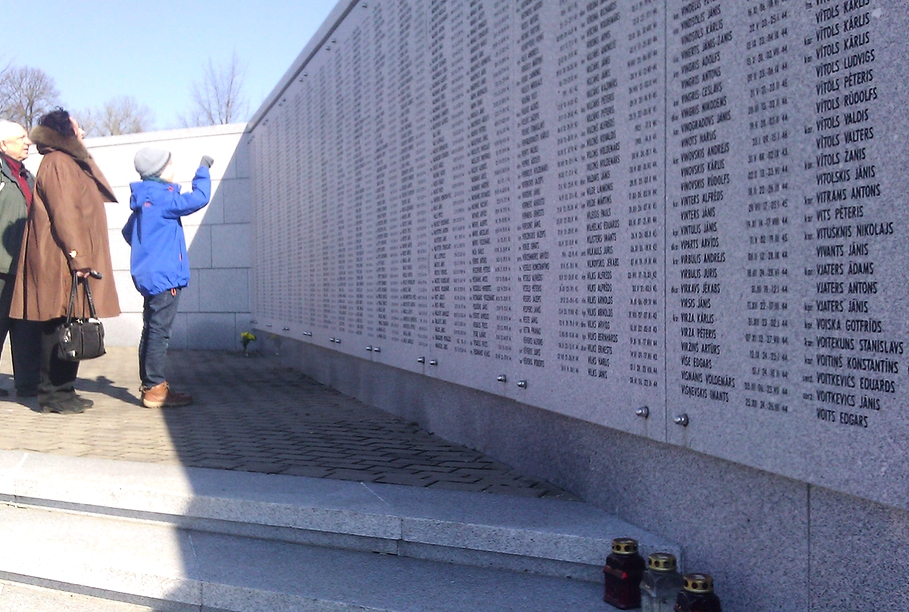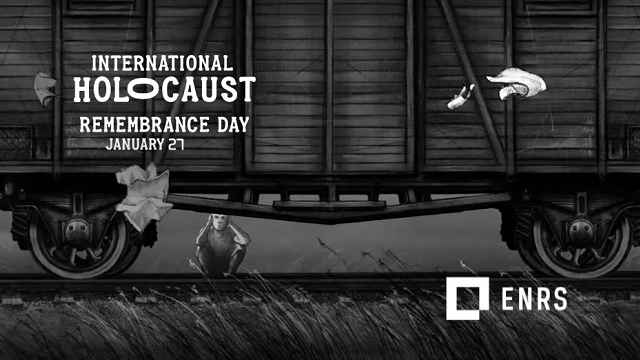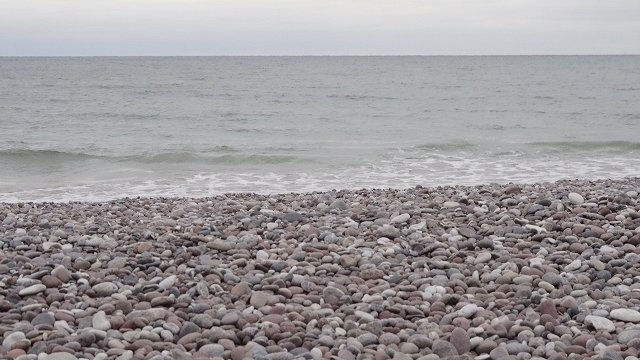Legionnaires were the Latvian soldiers that fought on the side of German forces in World War II. They are commemorated unofficially on March 16 - sometimes dubbed "Legionnaires' Day" - a date that always causes controversy and sparks a wave of negative press in international media
Latvian Television talked to people who tried finding out about their relatives in the War Museum archives.
One Guna Strode said she still hopes she'll be able to find her brother Andrievs, who went missing in the war.
"The last letters were from Opochka and Velikiye Luki... When the letter was sent, [..] it was painted over with black ink. I was ten years old at the time," said Guna Strode.
"I am trying to find out about the brother of my mother, who died very young. He wasn't even 20. Mother, my mother, she is still hurting about my brother," one Indra Leinasare told Latvian Television.
"My grandmother got a notice of death where it was mentioned he was buried with military honors. But it didn't say in which cemetery," said Leinasare.
War Museum employees are looking at the veterans' association Daugavas vanagi archive of the Latvian legion, which has conscription lists from the war. Specialists seek in various databases and suggest where to seek further.
Baiba Hjūza, who recently came from the United States, learned about her father, a legionnaire, and related his story to Latvian Television.
She said she became very glad after learning in which company her father was a soldier. He hadn't told her much about the war years and being a prisoner of war in Soviet hands.
"He had been imprisoned, and a Russian doctor told him - 'Go!'," Hjūza told Latvian Television over how her father was set free.
"My father came back from the war with completely white hair. He was 20 years old. Completely white. He said that he saw his best friend blown to pieces in battle," said Hjūza.
The War Museum is Latvia's largest depository of military history. Part of the visitors give the letters, documents, photos and other things they have from their relatives to the museum.






























